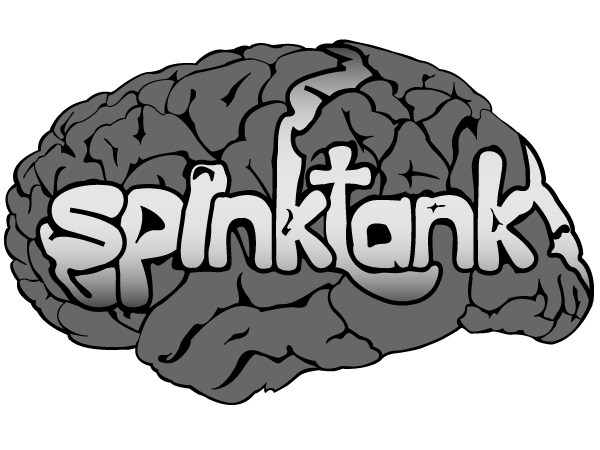Leaders of Tomorrow and other Time Lord biases
By Erin Spink | Uncategorized

I’m not a generational expert, I’m not even an expert on my own generation. For that matter, I don’t even watch Doctor Who regularly. But it’s been increasingly rubbing me the wrong way when I hear youth positioned as ‘leaders of tomorrow’ as it clearly implies they’re not leaders right now.
I’ve spent a lot of time, money and energy studying leadership and one thing I can say with confidence is that it’s always a work in progress. Am I a more competent leader today than I was 10 years ago? Yes, I believe so. Does time provide unique perspectives and experiences that cannot be gained otherwise? Yes to that as well. However, inferring that time magically bestows on us increased competency and wisdom is false. There are people working in jobs for 20 years who have not grown or developed and there are people who have only lived 20 years who have maturity or talent that time will only enhance.
Leadership isn’t about title, it’s about influence. That’s only one of the reasons I’ve been advocating and encouraging Volunteer Engagement professionals to consider themselves as leaders for years. If Volunteer Engagement is about identifying where people shine and helping them use those talents in a way that advances your organization’s mission, then are we saying youth are a light bulb not yet at full wattage? I don’t think anyone in the profession would say so, but we are covertly thinking and acting as if it’s so when we position youth as leaders of tomorrow.
Let’s move away from our Time Lord bias of treating youth as ‘leaders of tomorrow’ and focus on the leaders they are- and we are today. That’s a tomorrow worth building.


